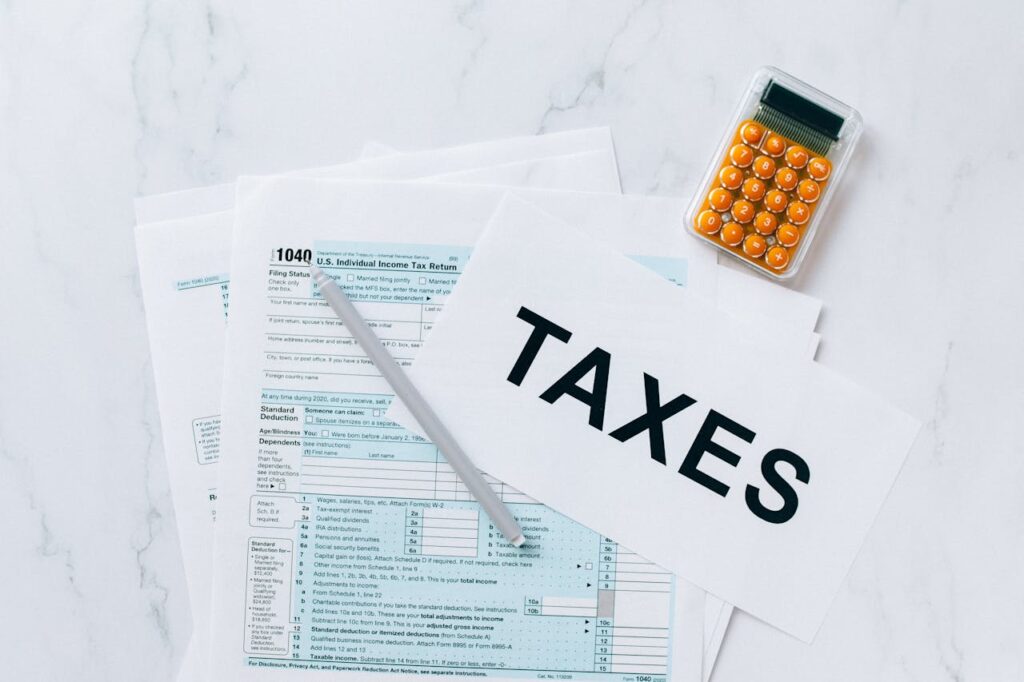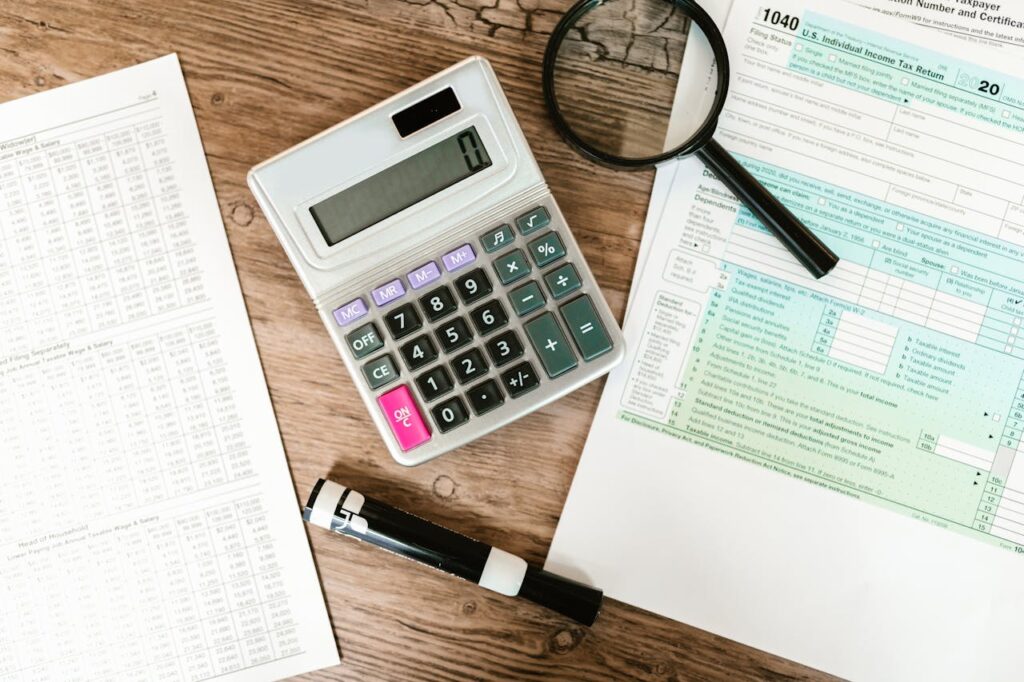Beat the Taxman Legally Top Strategies to Minimize Your Tax Bill
Beat the Taxman Legally Top Strategies to Minimize Your Tax Bill Taxes are a necessary part of running a business, but they don’t have to be a financial burden. For small business owners and freelancers, understanding how to legally minimize your tax bill can mean the difference between thriving and merely surviving. This blog post will walk you through practical, legal strategies to help reduce your tax liabilities while staying compliant with the law. You’ll learn about the current tax landscape, top tax-saving tactics, technology tools for tax management, and the importance of year-round planning. Understanding the Tax Landscape Current Tax Laws and Regulations Navigating the tax landscape can be daunting, especially with regulations that seem to change every year. The first step in minimizing your tax bill is understanding the current tax laws that affect small businesses and freelancers. Familiarize yourself with federal, state, and local tax requirements. The IRS website is a great starting point, offering a comprehensive guide to what’s expected from you. Staying informed about tax brackets, allowable deductions, and credits can go a long way in helping you plan strategically. Importance of Staying Updated Tax laws are complex and often subject to change. Staying updated on the latest tax code changes is vital for small business owners and freelancers. Subscribing to newsletters from reliable tax services, following financial news, and consulting with a tax professional can keep you informed. This knowledge allows you to adapt your strategies accordingly, ensuring you take advantage of new tax benefits as they become available. Resources for Learning Various resources can help you understand the tax landscape better. Websites like the IRS.gov, Tax Foundation, and National Federation of Independent Business (NFIB) offer valuable information. Additionally, books like “Small Business Taxes for Dummies” provide in-depth insights tailored for small business owners. Utilizing these resources can empower you to make informed decisions about your tax strategies. Top Legal Tax Strategies Utilizing Deductions One of the most effective ways to reduce your tax bill is by taking full advantage of available deductions. Business expenses such as office supplies, travel, and even certain home office costs can be deducted. Keeping detailed records and receipts is crucial. Always consult with a tax professional to ensure you’re not missing out on any deductions you qualify for. Claiming Credits Tax credits can significantly reduce your tax liability. Unlike deductions, which lower your taxable income, credits reduce the amount of tax you owe dollar-for-dollar. Look into credits for activities such as research and development, hiring veterans, or providing employee health benefits. These credits not only lower your tax bill but also encourage beneficial business practices. Deferral Strategies CS Deferring income to the next tax year can be a smart move if you expect to be in the same or a lower tax bracket. Conversely, accelerating expenses into the current year can also help lower this year’s tax bill. This strategy requires careful planning and a good understanding of your financial situation. Consult your accountant to see how income deferral and expense acceleration can work for you. Technology and Tools for Tax Management Tax Software Solutions Modern technology has made tax management more straightforward than ever. Software like QuickBooks, TurboTax, and FreshBooks can automate many aspects of your tax preparation, reducing the risk of errors. These tools can handle everything from tracking expenses to generating reports, making it easier to keep your financial records organized. Mobile Apps for On-the-Go Management For freelancers and small business owners always on the move, mobile apps like Expensify and Shoeboxed can be invaluable. These apps allow you to capture receipts, track mileage, and monitor expenses in real-time, directly from your smartphone. This convenience ensures you never miss out on potential deductions and keeps your records up-to-date. Integrating Technology with Financial Planning Integrating tax software with your broader financial planning tools can provide a holistic view of your business’s health. Tools like Mint or YNAB (You Need A Budget) allow you to consolidate your financial data, giving you better insights and helping you make informed decisions. Integration ensures that all aspects of your financial life are working in harmony, from budgeting to tax planning. The Importance of Year-Round Tax Planning Scheduling regular meetings with your accountant or financial advisor can be incredibly beneficial. These meetings provide an opportunity to review your financial status, adjust strategies as needed, and prepare for upcoming tax obligations. Proactive planning helps you stay compliant and take advantage of tax-saving opportunities as they arise. Consistent Record-Keeping Year-round tax planning starts with maintaining accurate and consistent financial records. Using accounting software or hiring a bookkeeper can help ensure that all transactions are recorded correctly. Regularly updating your books not only simplifies tax preparation but also provides valuable insights into your business’s financial health. Quarterly Tax Payments For freelancers and small business owners, making estimated quarterly tax payments is often required. Missing these payments can result in penalties and interest. Mark your calendar for due dates and set reminders to ensure you stay on top of these obligations. Timely payments prevent last-minute scrambles and potential financial strain at the end of the year. Strategic Planning Meetings Scheduling regular meetings with your accountant or financial advisor can be incredibly beneficial. These meetings provide an opportunity to review your financial status, adjust strategies as needed, and prepare for upcoming tax obligations. Proactive planning helps you stay compliant and take advantage of tax-saving opportunities as they arise. Maximizing Deductions Home Office Deduction If you use part of your home exclusively for business, you may be eligible for the home office deduction. This deduction allows you to write off a portion of your rent or mortgage, utilities, and other home-related expenses. Ensure you meet the IRS requirements and maintain detailed records to substantiate your claim.Scheduling regular meetings with your accountant or financial advisor can be incredibly beneficial. These meetings provide an opportunity to review your financial status, adjust strategies as needed, and prepare for upcoming tax obligations. Proactive planning helps you stay compliant and take






